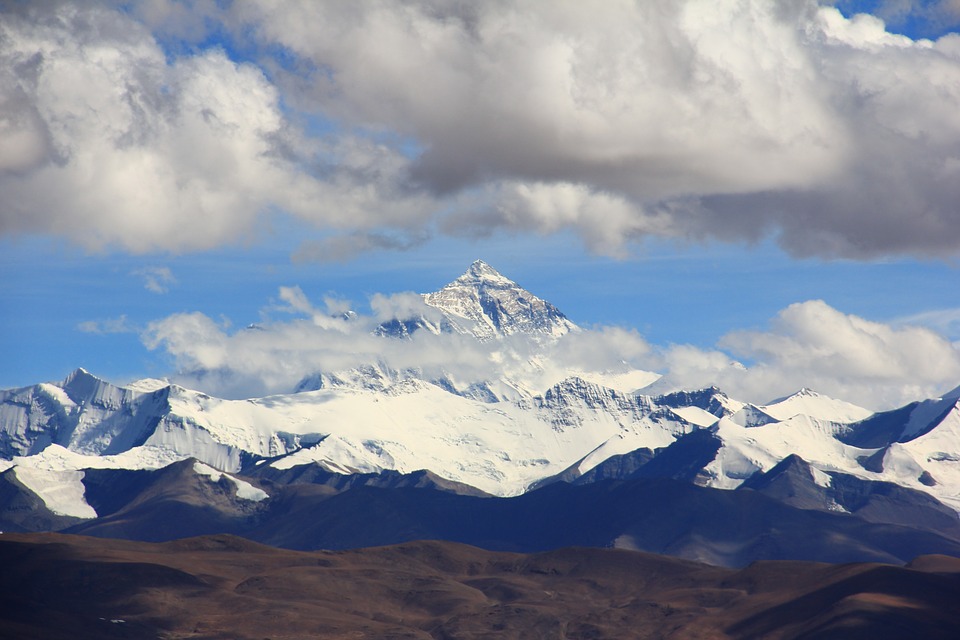| Location: Home / Nine Overseas Institutions |
| Kathmandu Center for Research and Education, CAS |
Multisphere interactions on the Third Pole centered on the Tibetan Plateau are bearing significantly on ecosystem, climate changes, and water cycle in Asia, and even the entire globe. South Asian countries, in particular, Nepal, India, Pakistan and Bhutan, are most closely affected regions, while all are developing countries whose adaptation capacities to the rapidly changing environment and ecosystem are challenged by their current scientific and technological strength. In South Asian countries’ endeavor to achieve national and/or regional sustainable social and economic development under global change scenario, a joint effort among neighbors in the Third Pole region is a trend and a must. To pool international intelligence together to address the urgent environmental issues in this densely populated region, an international workshop was hosted in Beijing in 2009, and the Third Pole Environment (TPE), an international science initiative proposed by Prof. YAO Tandong received wide support. The TPE program was thus born, and has gradually become internationally acknowledged and endorsed by TPE research community and international organizations. The TPE establishes its Kathmandu center in the Tribhuvan University (TU) in 2014. The visit of CAS president BAI Chunli to the Kathmandu office in April of 2014 harvested in signing of a Memorandum of Understanding between CAS and TU. To push forward collaboration in various aspects including talents training, ecosystem preservation, geological hazards confrontation and natural resources exploration, the TPE Kathmandu center became the Kathmandu Center of Research and Education (KCRE). As South Asian countries are important stakeholders in China’s implementation of the Silk Road Economic Belt and the 21st Century Maritime Silk Road initiatives, also known as "One Belt, One Road" initiative, the establishment of Chinese Academy of Science's Kathmandu Center of Research and Education (KCRE) in Nepal is within the framework of CAS "Go-Out-to-Develop" strategy, and an important step forward to strengthen the scientific and education cooperation between China and south Asian countries. Establishment of KCRE tends to further study the third pole evolution and its impacts on Asia and the northern Hemisphere, reveal Asian monsoon onset and evolution and its interactions with mid-latitude westerlies, illuminate water cycle between tropical oceans and alpine snow and ice distribution, and comprehend ecosystem changes between the southern and northern slopes. By integrating field expeditions and sampling with stations observation and lab analysis, the KCRE endeavors to deepen human understanding of the earth system sciences in the Third Pole region, better understand environmental changes and related geophysical mechanisms in the region, and appreciate the connections between Third Pole environmental changes on surrounding environment and land surface processes.
|
| (Editor: CHEN Xiao) |
